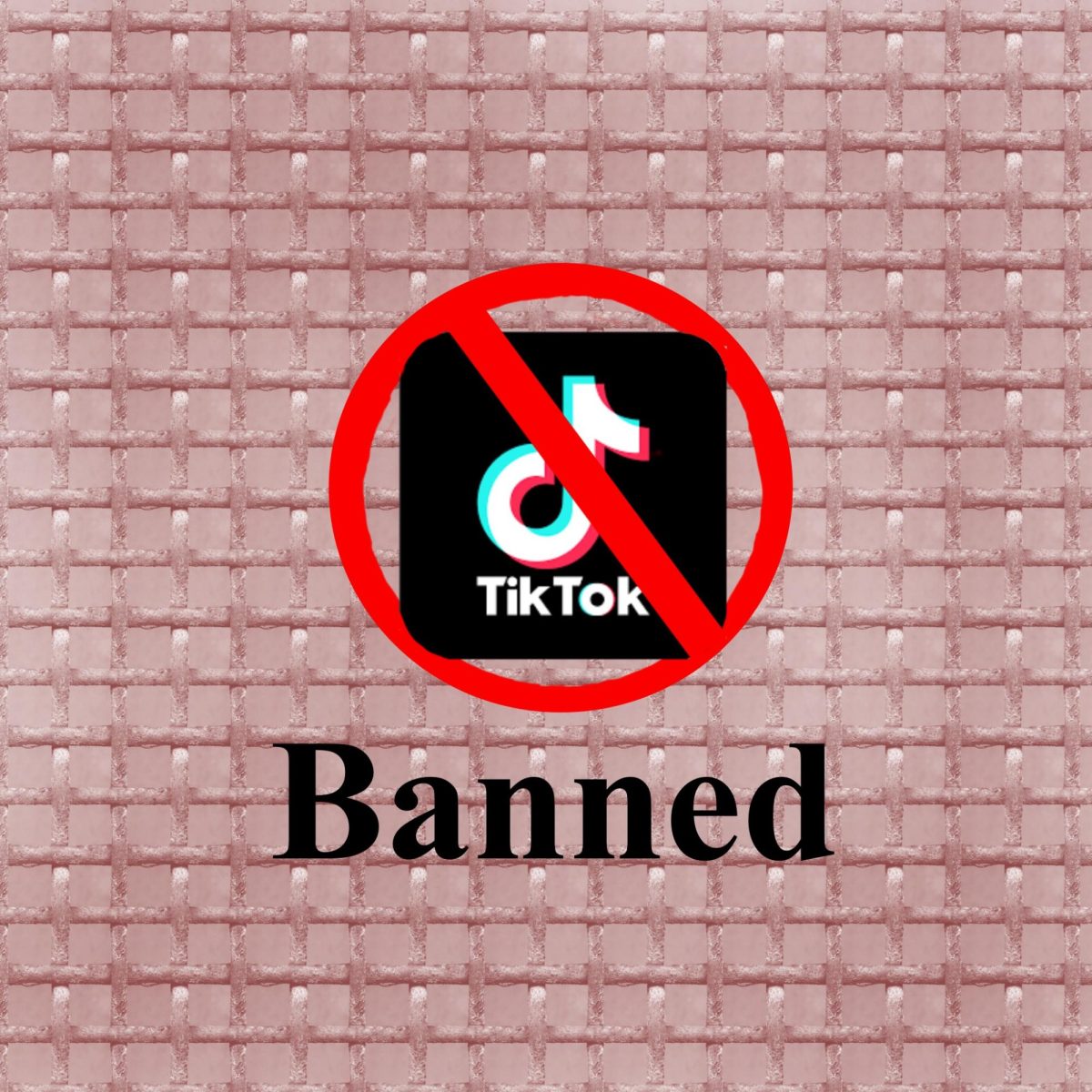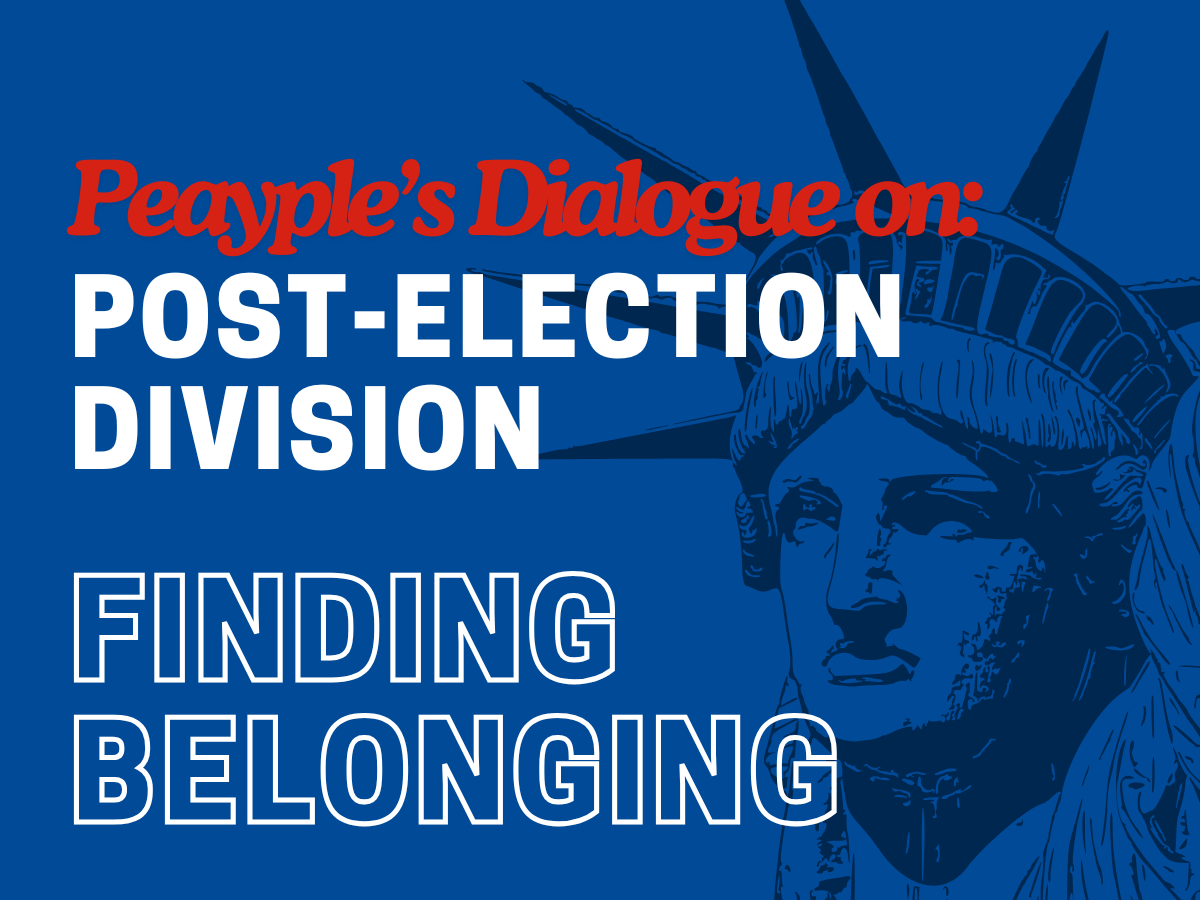Before every semester begins, students are encouraged to purchase the textbooks for their classes. First-time students may purchase every textbook the bookstore labels as required for them. They end up purchasing these textbooks they may not end up using in their classes for hundreds or even thousands of dollars.
According to APSU Bookstore Manager Shonte Cadwallader, at the start of each semester, professors notify the bookstore of the materials needed for their course to ensure they are available come the first day of class.
“Each semester, we connect with faculty members in person, via email or through our online faculty portal and they provide us with the title of the textbook they plan to assign to their students,” Cadwallader said.
A keyword to note there is “plan.” Professors follow a curriculum and often maintain the same flow across semesters. However, there may be an instance where the professor decides to change things and teach the material a different way.
“My professor had no idea that our Art book was labeled required through the bookstore. [The professor] gave us a link to the free online version of it and told us to use that instead. I literally saved so much money,” sophomore K-5 education major Brianna Huelsman said.
If a student purchases textbooks and later learns about the free options available to them, they could return the textbooks during the first week of classes with the original receipt for a full refund. During the first 30 days of classes, if a student changes their schedule, they could return the textbooks with the original receipts and proof of a schedule change during the first 30 days of classes for the full refund. This information is not explicitly told to students and many take the loss.
“You know, I had no idea that we could sell our books back within the first week because if I did, I would have done it,” Sophomore communication major Kieshun Dixon said. “I feel like [the bookstore] hasn’t communicated that enough as they should have.”
There are ways to get your textbooks for free on campus. For example, the Military Student Center (MSC) offers free textbooks to students. The center has a “Texts for Vets” program, which is a donation based book-loan program that offers all students (military-affiliated or not) textbooks at no cost. All the books in stock at the MSC were donated by previous students and individuals that donate money to the center so that better, more updated texts are available.
“Because it’s donation based, we have a variety of books and subjects. Most of them deal with core subjects,” Veterans Administration Work Study Joshua Kohler said. “We have enough to cover a lot of the core courses you need across your first two years.”
When asked if the MSC could work in conjunction with the bookstore for more affordable pricing on textbooks rather than have one location on campus cost students so much and another location on campus cost students so little, Kohler says working with the bookstore to reduce costs is not entirely feasible.
“[The bookstore] is a business. They’re owned by Barns & Noble and ultimately, they have to make money. Whereas, as a student center, we can offer our program to any student because part of every students’ fees helps fund us,” Kohler said.
Kohler believes that if the MSC did partner with the bookstore, the outcome would result in cash allotments for students to reduce costs. In the long run, however, it would not be as effective as purchasing the books themselves and having the books usable for several semesters while the edition is still valid.
There are instances where students can price match on textbooks that they cannot find anywhere for free. The bookstore’s price match program allows students to find better pricing options for their books from places like Amazon or Barns & Noble. The books need to be shipped and fulfilled by Amazon and Barns & Noble. This does not include third-party sellers on these platforms.
“Third-party sellers are excluded from our price matching program to protect against fraudulent third-party listings and counterfeit merchandise,” Cadwallader said. “The third-party seller exclusion is standard in the retail industry.”
While students are more than welcome to take the risk and purchase from the third-party sellers, the main incentive to price match at the bookstore is the convenience factor.
“I pretty much never buy my books from the bookstore anymore. I get them from Chegg or Amazon because they are cheaper. Third-party or not, the book looks the same to me,” Huelsman said.
Another way to find textbooks is through other students. On the Peay Mobile app, students can search for and buy the textbooks they are looking for at affordable prices.
Textbook costs are a unanimous struggle. While the bookstore is a viable resource for textbooks, it is important to note that there are more ways to get what you need. Look for cheaper, more affordable pricing on other websites, such as Chegg and BigWords. Apply for the “Texts for Vets” program through the MSC. Speak to former students or professors directly before purchasing anything and be wary of the limited refund window.







